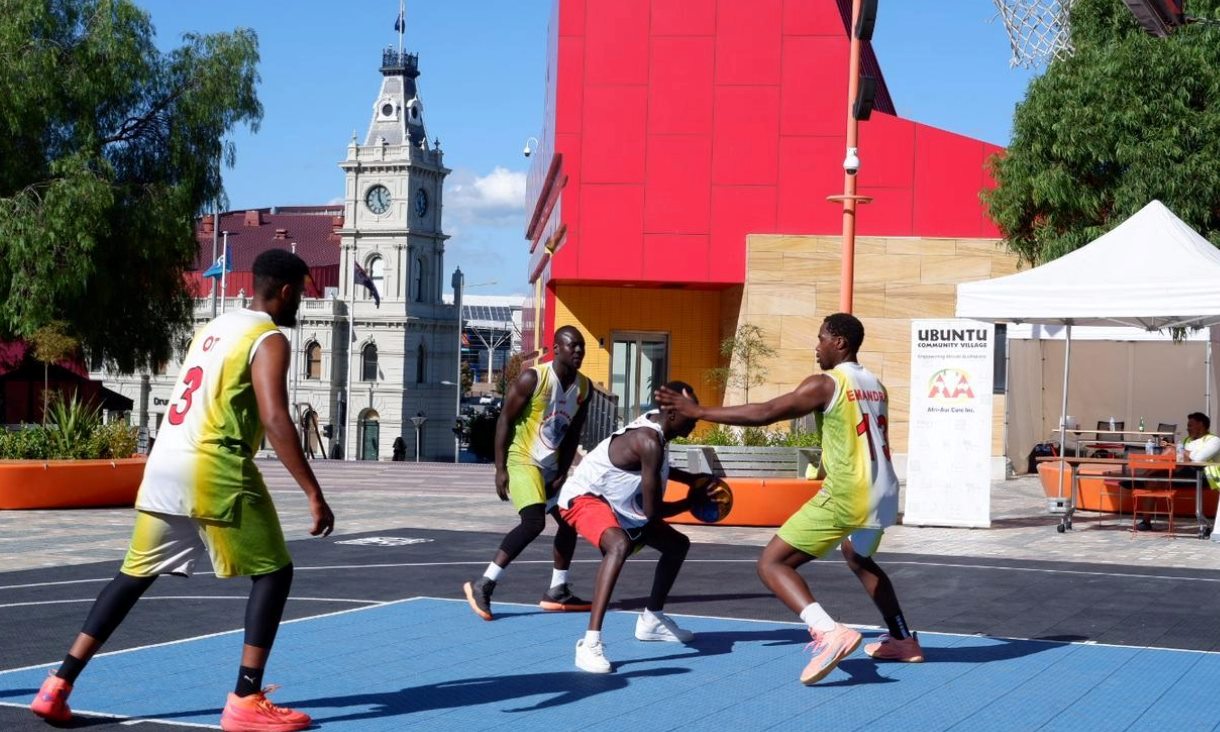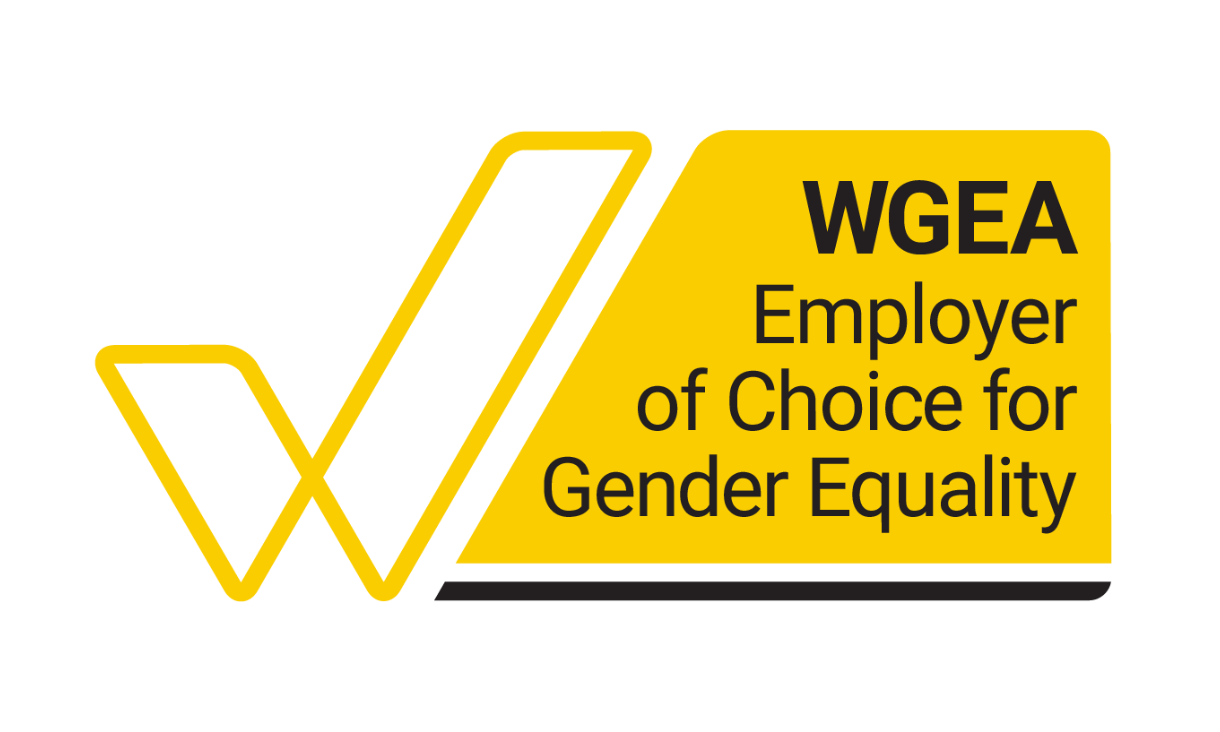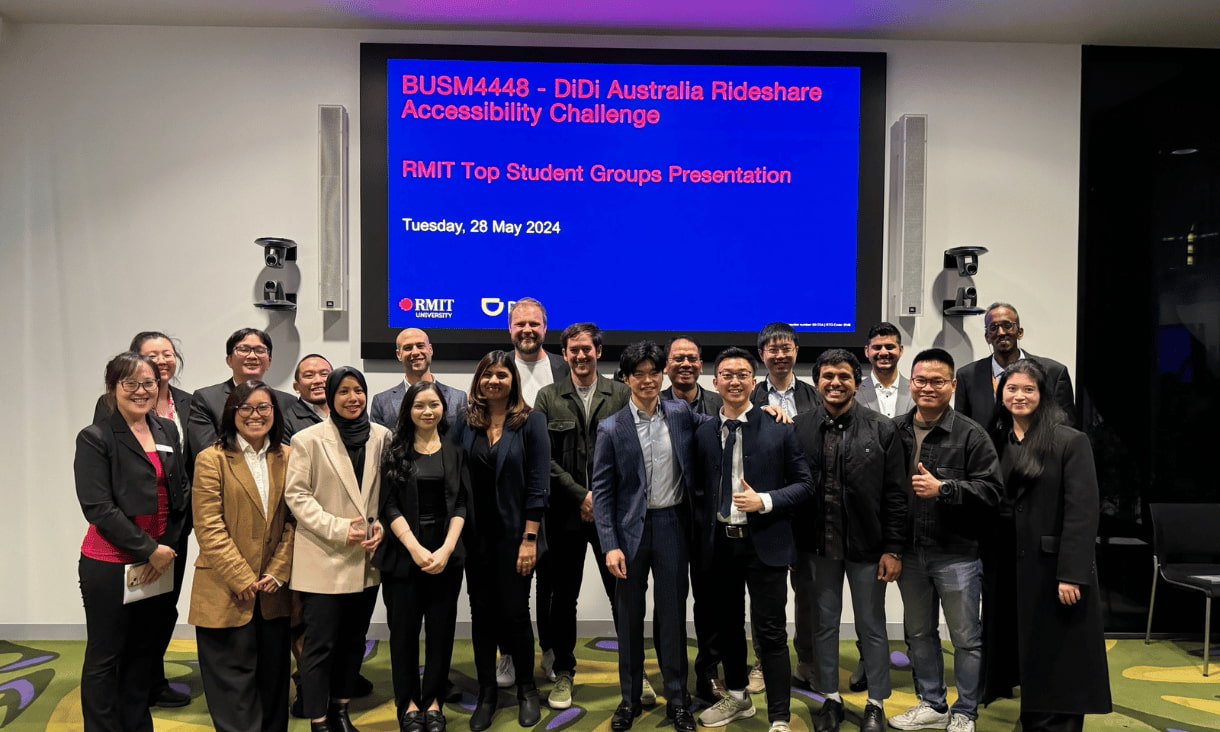Female leadership in 2020
With Europe miles ahead of Australia when it comes to women’s leadership, Research Officer at the EU Centre of Excellence Dr Chloe Ward asked what the elevation of women to these powerful positions meant for women’s issues.
Ward said in the past, German Chancellor Angela Merkel, European Commission President Ursula von der Leyen and President of the European Central Bank Christine Lagarde had campaigned for parental leave and tax reform, largely as ways of improving women’s participation in the workforce.
“Compared with the demands of a new generation of women activists and politicians, these agendas look less than radical," she said.
“Greta Thunberg links the climate crisis to patriarchy, and Rebecca Long-Bailey, who is campaigning for leadership of the British Labour Party, recently vowed to expel Party members who expressed transphobic views.
“For younger women, feminism and the women’s movements are less about increasing GDP, and more about addressing the inequalities and injustices facing women in 2020.”
Australia’s gender pay gap: No great progress
We use the gender pay gap as a barometer of the degree of gender equality in society, according to RMIT Vice-Chancellor's Postdoctoral Research Fellow Dr Leonora Risse.
“The latest figures from the ABS show that the gender pay gap – based on average full-time ordinary weekly pay – sits at 13.9%,” she said.
“This means that Australian full-time working women are taking home on average $243 less each week than men while the gap widens to 22% in the finance, healthcare and professional services industries.”
While the gender pay has been falling since 2014, there was no great cause for celebration.
“Looking closer, the gender pay gap has not narrowed because women’s earnings have been accelerating, but because men’s earnings growth has now eased off after the mining boom, meaning we are actually returning to a gap that resembles our pre-mining boom years,” she explained.
She said what had improved was the wealth of resources available to organisations to evaluate and fix their own pay gap, provided by the Workplace Gender Equality Agency (WGEA), so there was little excuse for organisations not to be improving.
Sexist advertising reinforces attitudes that contribute to violence against women
A woman posing in a bikini to advertise a car product, or lingerie attired models standing among a group of men in suits to promote a fashion label are just some examples of the sexist advertising we see every day.
Such sexist advertising contributed to ongoing inequalities between men and women, RMIT Senior Lecturer in Marketing Dr Lauren Gurrieri explained.
“The community believes that gender portrayals in advertising are out of step with contemporary society and are harmful to both women and men,” she said.
“In advertising, women are portrayed as lacking authority and are valued primarily for their appearance, whilst men are represented as assertive, capable, and in positions of power.
“Sexist advertising limits the roles, aspirations and interests of men and women, damages girls' and women's physical and mental health and reinforces the beliefs and attitudes that contribute to violence against women."
Story by: Diana Robertson



